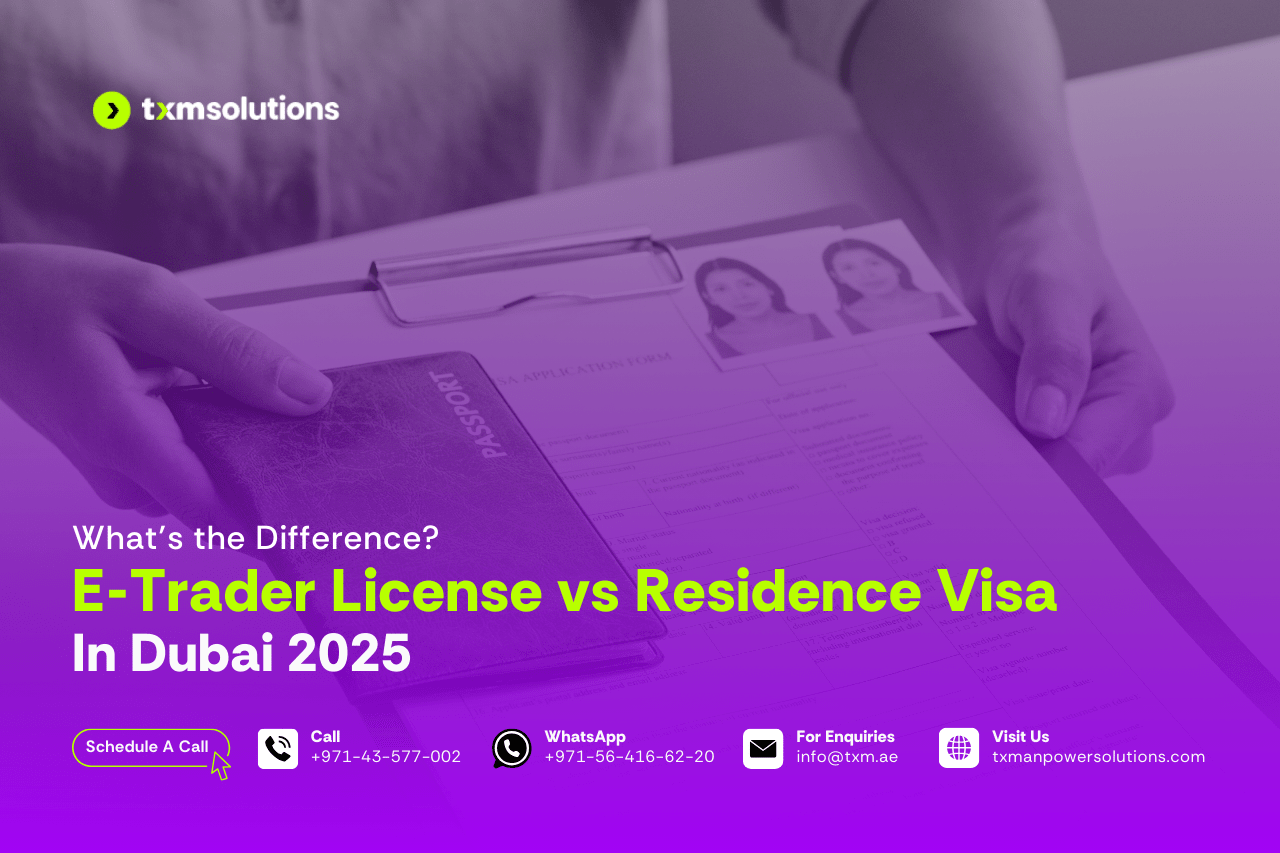The UAE continues to cement its leadership in the region with policies that promote local talent and reduce reliance on expatriate labor. One of the most important strategies driving this is Emiratisation Private Sector Policies, designed to empower Emirati nationals through enhanced participation in the workforce, particularly within the private sector.
Table of Contents
ToggleUnderstanding Emiratisation Private Sector Policies
The Emiratization Private Sector Policies are a cornerstone of the UAE’s mission to diversify its workforce by integrating Emiratis into private industries. The policies not only focus on reducing the dependency on foreign workers but also seek to create opportunities for Emirati citizens across key sectors of the economy, fostering an inclusive and sustainable job market.
Key Components of the Policies
- Mandatory Hiring Quotas: Under the new regulations, companies employing between 20 and 49 individuals must hire at least one Emirati by 2024. This quota increases to two by 2025, ensuring steady integration of Emiratis into the private workforce. These quotas play a critical role in building a strong presence of Emirati talent within sectors that traditionally have relied heavily on expatriate employees.
- Industry-Specific Application: Covering 14 major sectors—including IT, finance, healthcare, and real estate—the policies ensure that Emiratis are represented across the economy’s most significant and dynamic fields. By focusing on critical industries, the policies aim to secure long-term career growth opportunities for Emirati nationals in areas essential to the nation’s development.
- Penalties for Non-Compliance: To ensure adherence to the Emiratisation Private Sector Policies, firms that fail to meet their obligations are subject to penalties. These fines range between AED 96,000 and AED 108,000, with regular audits conducted by the Ministry of Human Resources and Emiratisation (MOHRE). These fines are intended to motivate private businesses to take the necessary steps toward compliance.
- Government Support Mechanisms: The UAE government, through MOHRE, offers a range of support tools to help employers meet the requirements of the Emiratisation Private Sector Policies. The NAFIS platform is a prime example, offering resources for recruitment and training, ensuring that companies can easily integrate Emirati talent into their workforce.
Legal Framework of the Policies
These policies operate within a clear legal framework that requires companies to reserve 2% of their workforce for Emiratis, particularly in skilled positions. For example, a company with 50 skilled employees is required to hire at least one Emirati. This framework is designed to promote gradual but consistent integration of Emiratis into roles where they can contribute meaningfully to both business operations and the national economy.
Who Are the Skilled Workers?
The policies define skilled workers as professionals occupying roles in management, technology, science, humanities, and various technical fields. This ensures that Emirati employees are not just filling positions but are being integrated into high-impact, value-driven roles within organizations, further driving their personal development and the overall advancement of the UAE workforce.
Penalties for Non-Compliance
To reinforce the importance of these regulations, companies that do not comply with Emiratisation Private Sector Policies face a tiered penalty structure:
- First Offense: AED 100,000 fine.
- Second Offense: AED 300,000 fine.
- Third Offense: AED 500,000 fine.
These escalating fines ensure that businesses prioritize the hiring and retention of Emirati workers, reinforcing the broader national goal of workforce diversification.
Objectives of the Emiratisation Initiative
The main objective of the Emiratisation Private Sector Policies is to enhance the employment opportunities available to Emirati nationals, particularly within sectors that have traditionally relied on expatriate talent. By doing so, the UAE is ensuring that its local workforce plays an essential role in the country’s continued growth and development.
- Maximizing Local Talent: By equipping Emiratis with the necessary skills and opportunities, the policies help create a more competitive and skilled workforce that can drive the economy forward.
- Integration of National Talent: The policies aim to ensure that Emiratis are fully integrated into both public and private sectors, thereby providing them with opportunities to contribute meaningfully to the economy.
- Government Support: The UAE government continues to demonstrate strong support for these policies by offering resources and incentives to both employers and employees, ensuring that the goals of the Emiratisation program are met.
- Economic Resilience: By reducing reliance on expatriate labor, the policies contribute to creating a sustainable workforce capable of supporting long-term economic stability.
Recruitment and Hiring Practices
Employers are required to follow specific hiring practices outlined by MoHRE, including the proper registration of Emirati employees, obtaining work permits, and ensuring compliance with the UAE’s Wages Protection System. In addition, employers must register Emiratis in the Pensions and Social Security System, contributing to their long-term financial security.
Training and Development Opportunities
The success of Emiratisation Private Sector Policies relies heavily on the continuous development of Emirati skills. The government has introduced several training programs that provide Emiratis with opportunities to upskill and reskill. Through initiatives like NAFIS, Emiratis can access professional certifications, on-the-job training, and career counseling services that help them advance in their chosen fields.
Government Incentives and Support Programs
In order to encourage compliance, the UAE government provides incentives to private companies that successfully meet the targets set by the Emiratisation Private Sector Policies. These incentives include salary support schemes, child allowance funding for Emirati employees, and unemployment benefits. Employers are also required to provide on-the-job training, ensuring that Emirati employees are continuously developing their skills.
Challenges to Implementation
Despite the positive momentum, the full implementation of Emiratisation Private Sector Policies is not without challenges:
- Skills Gap: One of the significant barriers is the mismatch between the skills needed by private companies and those available within the Emirati labor pool. Although there are extensive training programs in place, it will take time for Emiratis to fully bridge this gap and meet the demands of private-sector roles.
- Salary Expectations: Many Emiratis have high salary expectations, often higher than what is typical in private-sector roles. This has posed a challenge for employers in certain industries who are unable to offer competitive salaries that meet these expectations.
- Cultural Integration: As more Emiratis join the private sector, companies need to foster an environment that respects Emirati cultural values while promoting collaboration with expatriate workers. This requires companies to invest in creating inclusive policies that bridge cultural differences.
Conclusion
The Emiratisation Private Sector Policies represent a transformative approach to workforce development in the UAE. By focusing on creating opportunities for Emiratis in key industries, the government is working to build a more inclusive, resilient economy.
While challenges such as the skills gap and cultural integration remain, the policies set the stage for long-term success. With strong government support and strategic implementation, these policies are expected to play a crucial role in shaping the future of the UAE’s workforce.




